Cyrille Dalmont, associate researcher at the Thomas More Institute.
FIGAROVOX.- You said, especially in our columns , that the Avia law threatened fundamental freedoms. Are you right in the Constitutional Council's judgment given on Thursday 18 June ?
Cyril DALMONT.- I think we can collectively rejoice in the decision of the Constitutional Council, which has just taken a very strong position in fully or partially censoring least ten articles on nineteen of the law "to fight against content hate on the internet ”, known as the Avia law, adopted on May 13.
Read also: Avia Law: "Hopefully the Constitutional Council will censor this badly worded text"
By solemnly declaring that "the legislator has attacked freedom of expression and communication which is not adapted, necessary and proportionate to the aim pursued" , the position of the Constitutional Council, both very firm and explicit, confirms and confirms the arguments of defenders of public freedoms and fundamental rights, including the Thomas More Institute, who had failed to change the position of the legislator during the entire process of drafting the text.
The decision of the Constitutional Council seems to open a breach regarding the value of the general conditions of use (CGU) of social networks.But there is better: perhaps we have just witnessed the creation of a new right with constitutional value, which one could qualify as "right of access to social networks" . The decision of the Constitutional Council seems to open up a breach as to the value of the general conditions of use (CGU) of social networks, behind which these systematically take refuge in the event of a dispute with users regarding freedom of expression. The Council effectively supports article 11 of the Declaration of the Rights of Man and the Citizen (DDHC), which has constitutional value, the fact that "in the current state of the means of communication and having regard to development generalized communication services to the public online as well as the importance taken by these services for participation in democratic life and the expression of ideas and opinions, this right implies the freedom to access these services and to express yourself there ” … There is no doubt that law school students will be commenting on this decision for many, many years!
Was this censorship predictable?
It was very difficult to pronounce in advance on the position that the Constitutional Council would take on the subject of the "state of health emergency" (in force, I recall, since March 24 and extended until July 10) .
To penalize a feeling is an intellectual aberration.Conventionally, the Council of State, the Court of Cassation and the Constitutional Council tend, on the basis of the theory of “exceptional circumstances” (because of the importance of the dangers that can be run by a crisis situation), authorize the government to depart from the legal ordering of our rule of law. It is therefore rather a pleasant surprise that following the decision of the Council of State of June 13th on freedom of demonstration, the Constitutional Council reaffirms the need for our rule of law to regain its standard, even if the state of emergency is still in effect.
In addition, it can be assumed that the fact that the two major government projects at the end of the confinement are for one potentially infringing on freedom of expression, information and the press (the Avia law) and for the another potentially detrimental to freedom of movement and privacy (the StopCovid application), explains the very strong position of the guardian of the constitution.
The question in particular of the prohibition of "hatred" seems to pose a question: in French law, can we not penalize a feeling?
To penalize a feeling is an intellectual aberration. We are touching the intimate thought of the individual. So why not ban love or empathy, as in The Best of Worlds ? To take such a step would be to pave the way for the creation of a legal theory of the "good citizen" (the one who thinks well) as opposed to the "bad citizen" (the one who thinks badly). It would be approaching dangerously, in a version that is certainly softer and more coated with the support of the thinking of the populations that should be educated for the benefit of all, to the logic of the Chinese "social credit" system launched in the 2000s.
The notion of "hate content" is totally dependent on the intention of its author when it is disseminated.It is worth remembering that the debates on the Avia law have been followed by quite a few lawyers around the world. Many observers have been extremely attentive, not to say worried, about this drift towards the freedom of expression that this text constituted. In fact, when the country which likes to qualify itself as a “country of human rights” goes against the very philosophy of article 19 of the Universal Declaration of Human Rights of 1948 ( “ Everyone has the right to freedom of opinion and expression, which implies the right not to be disturbed for their opinions and to seek, receive and disseminate, regardless of borders, information and ideas by whatever means of expression ” ) is a symbol that counts. The 1948 declaration is certainly not directly applicable in French law but it is at the origin of all the great charters and declarations of post-war rights ... It is not nothing.
Finally, the notion of “hateful content” is totally dependent on the intention of its author at the time when it is disseminated, but also on the a priori and convictions of the reader or the administrative authority which requests censorship. It was quite obvious that in such an ocean of uncertainties, the qualification of "hate content" would be perfectly arbitrary and that censorship would become the rule - if only by elementary prudence on the side of social networks. This is why the Constitutional Council describes the will of the legislator as an attack on freedom of expression which is not "adapted, necessary and proportionate to the aim pursued".
Beyond the substance, it is also in the mechanism that she intended to implement that the Avia law was censored, why?
By its decision, the Constitutional Council puts back the legal “church in the middle of the village” , if I dare say it, by reminding the legislator of the essential role of the judge as for the appreciation and the respect of the proportionality between potentially reprehensible facts and the preservation of the fundamental freedom of freedom of expression. Delegate this task of control, assessment and withdrawal of comments on its network to a private operator who will have "the obligation to withdraw […], as soon as a person has reported illegal content to him" without it or "subject to the prior intervention of a judge or subject to any other condition" , could only lead to an almost systematic censorship of all the remarks made.
Delegating to private and foreign operators the power of "justice" and "police" over the freedom of expression of the French raised a constitutional problem.The Constitutional Council therefore logically concluded that "taking into account the difficulties in assessing the manifestly illegal nature of the content reported within the time limit, the penalty incurred from the first violation and the absence of a specific cause for exemption from liability , the contested provisions can only encourage operators of online platforms to withdraw the content notified to them, whether or not they are manifestly illegal ”.
It is quite obvious that delegating to private operators, and moreover foreigners, a sort of “justice” and “police” power with regard to the freedom of expression of the French people intrinsically raised a constitutional problem.
Also read: "Avia Law, StopCovid application ... the sweet import of Chinese despotism"
But beyond these purely legal aspects, it is necessary to question this form of increasingly systematic renouncement of the State to assume its sovereign functions (of which "rendering justice" is one of the most eminent) in through an overabundance of increasingly liberticidal standards, the implementation of which almost always depends on foreign digital technologies.

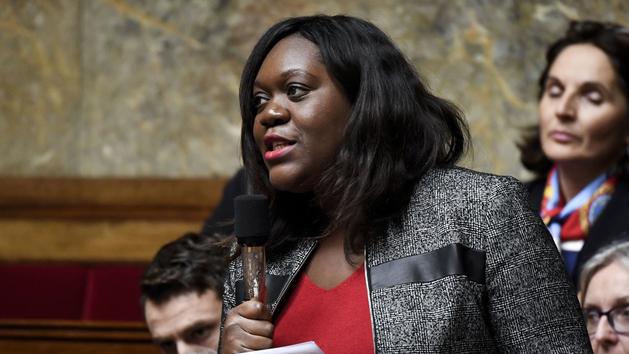
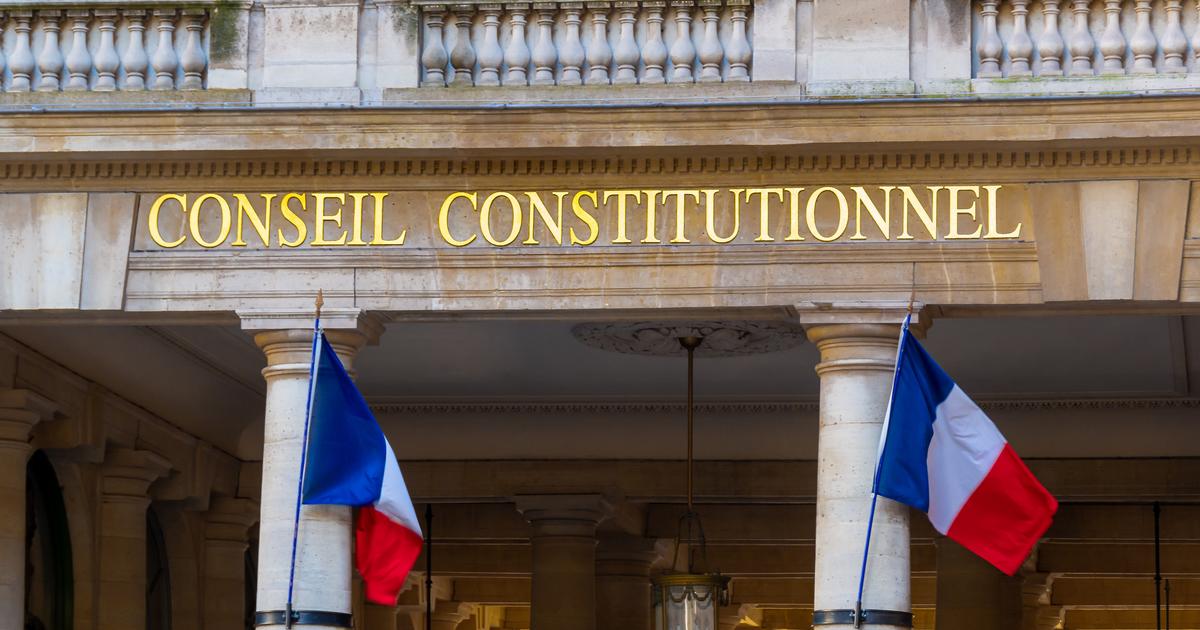
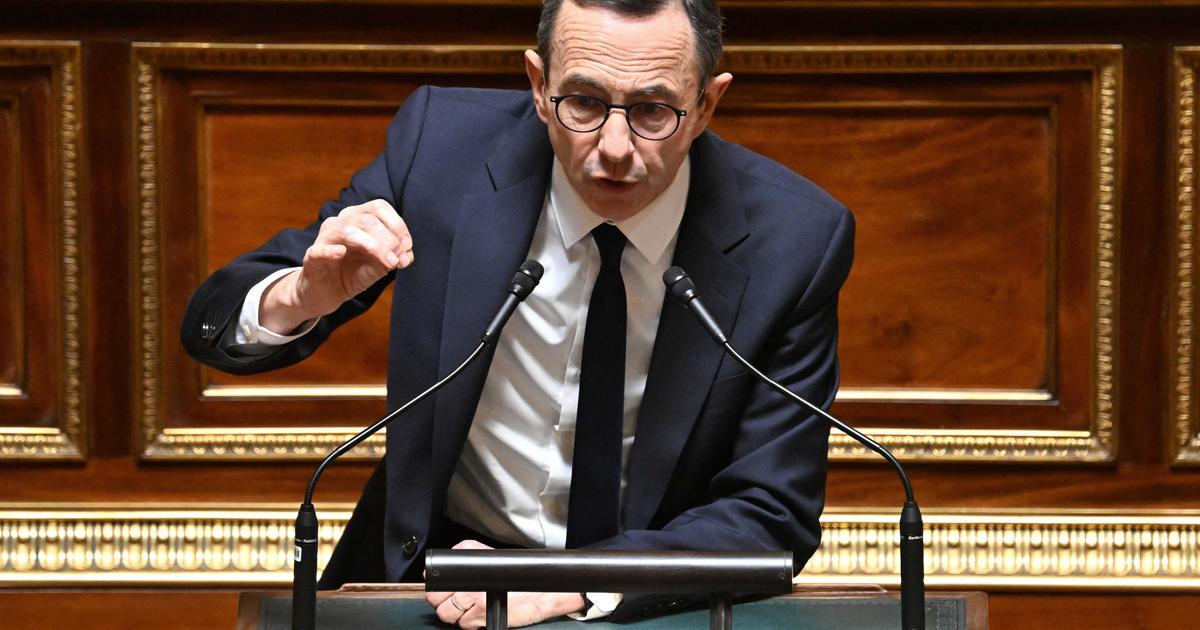
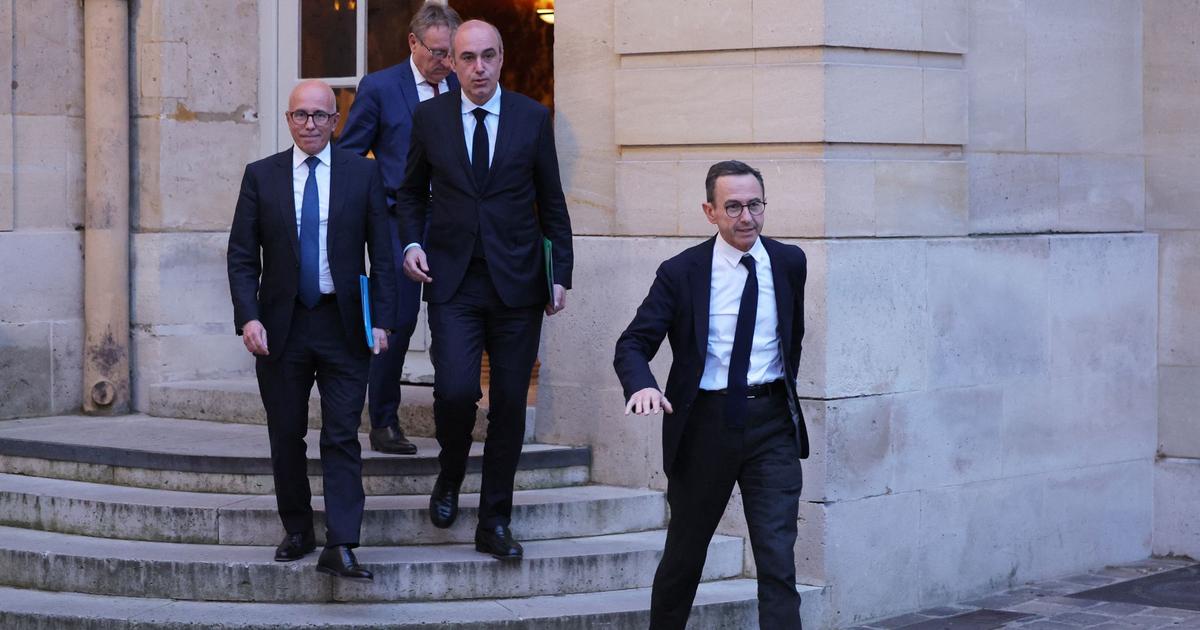

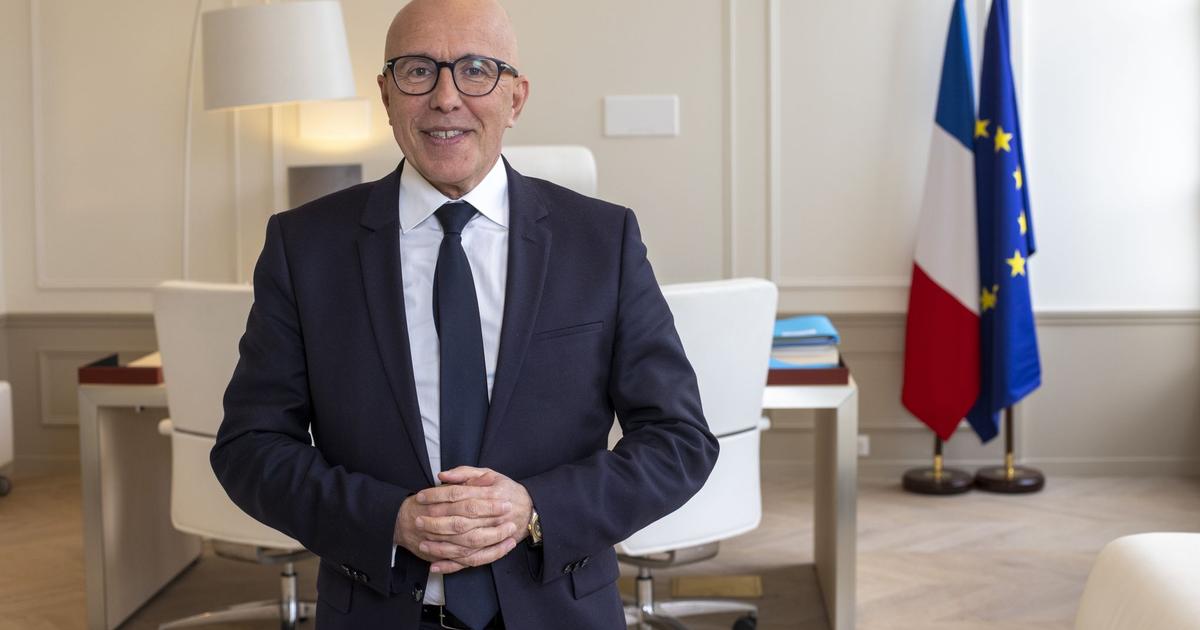
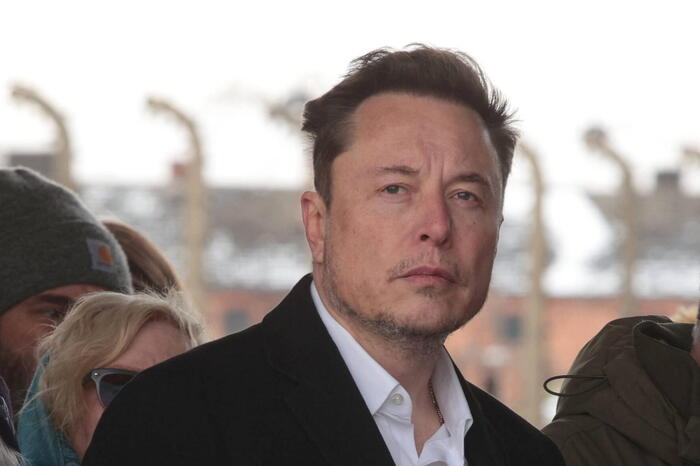
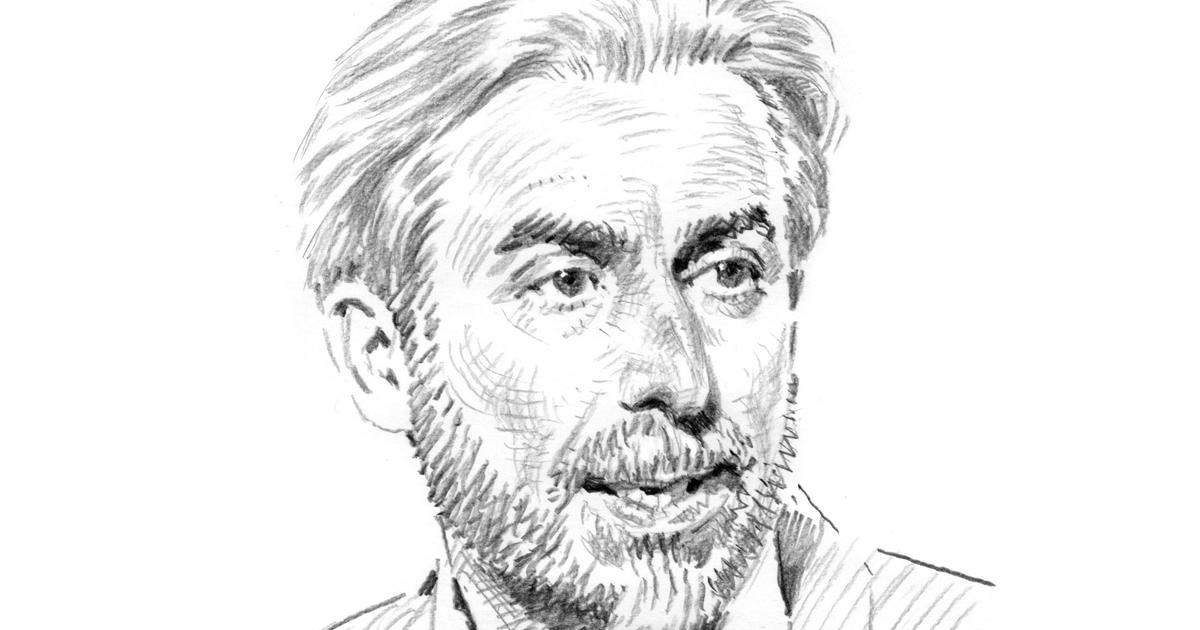
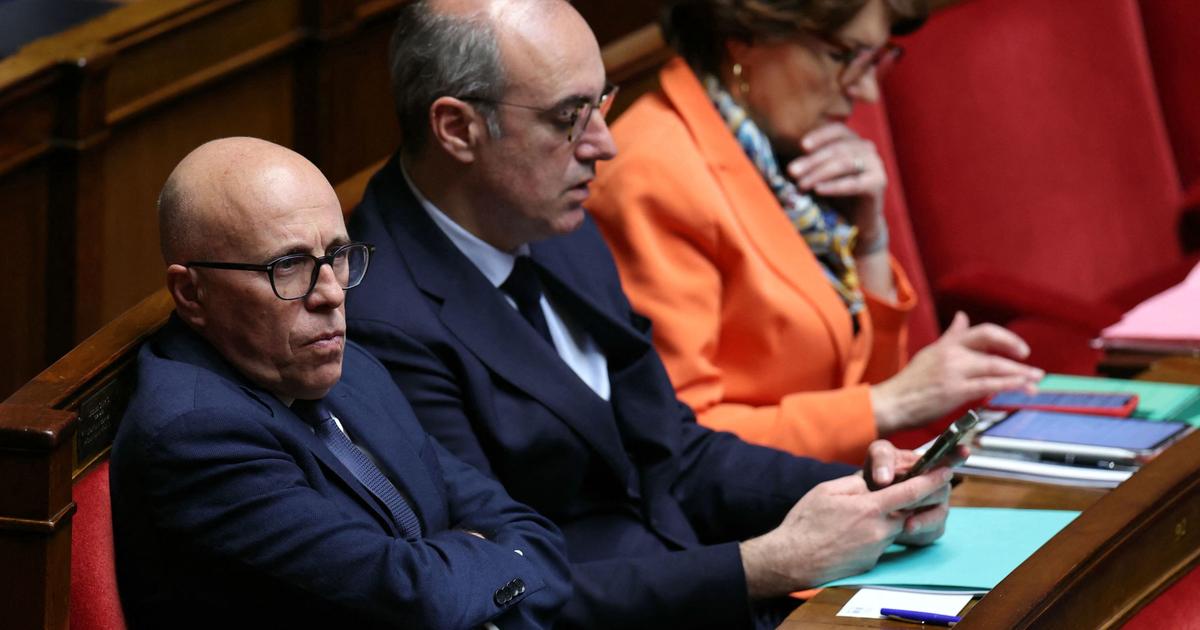




/cloudfront-eu-central-1.images.arcpublishing.com/prisa/EXJQILQR5QI7OMVRTERD7AEZAU.jpg)
